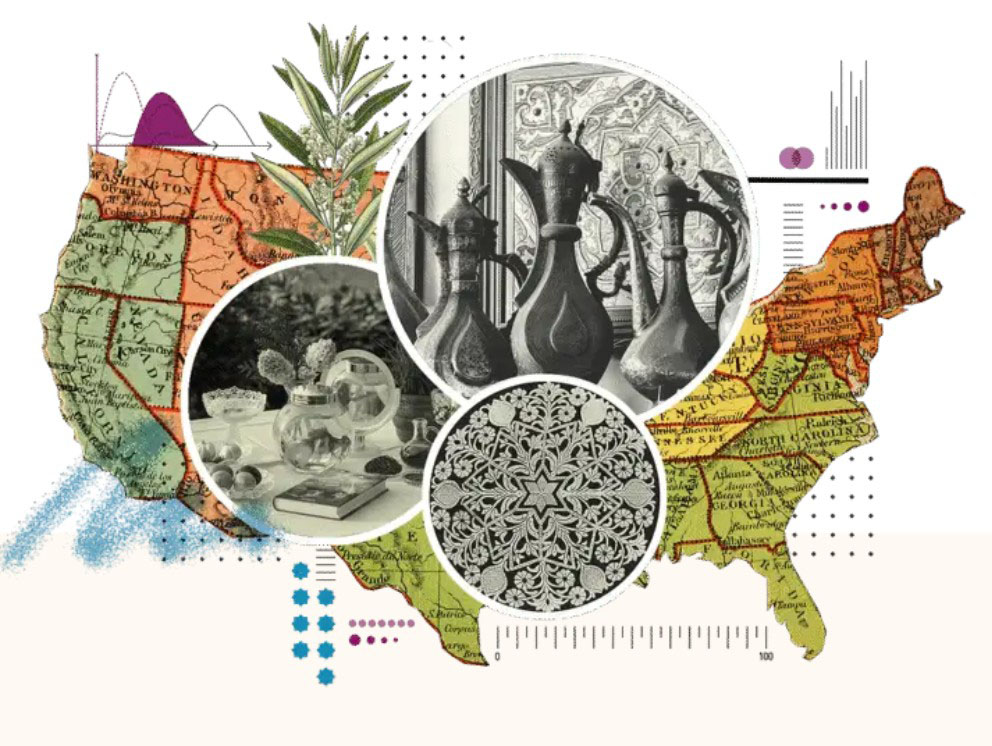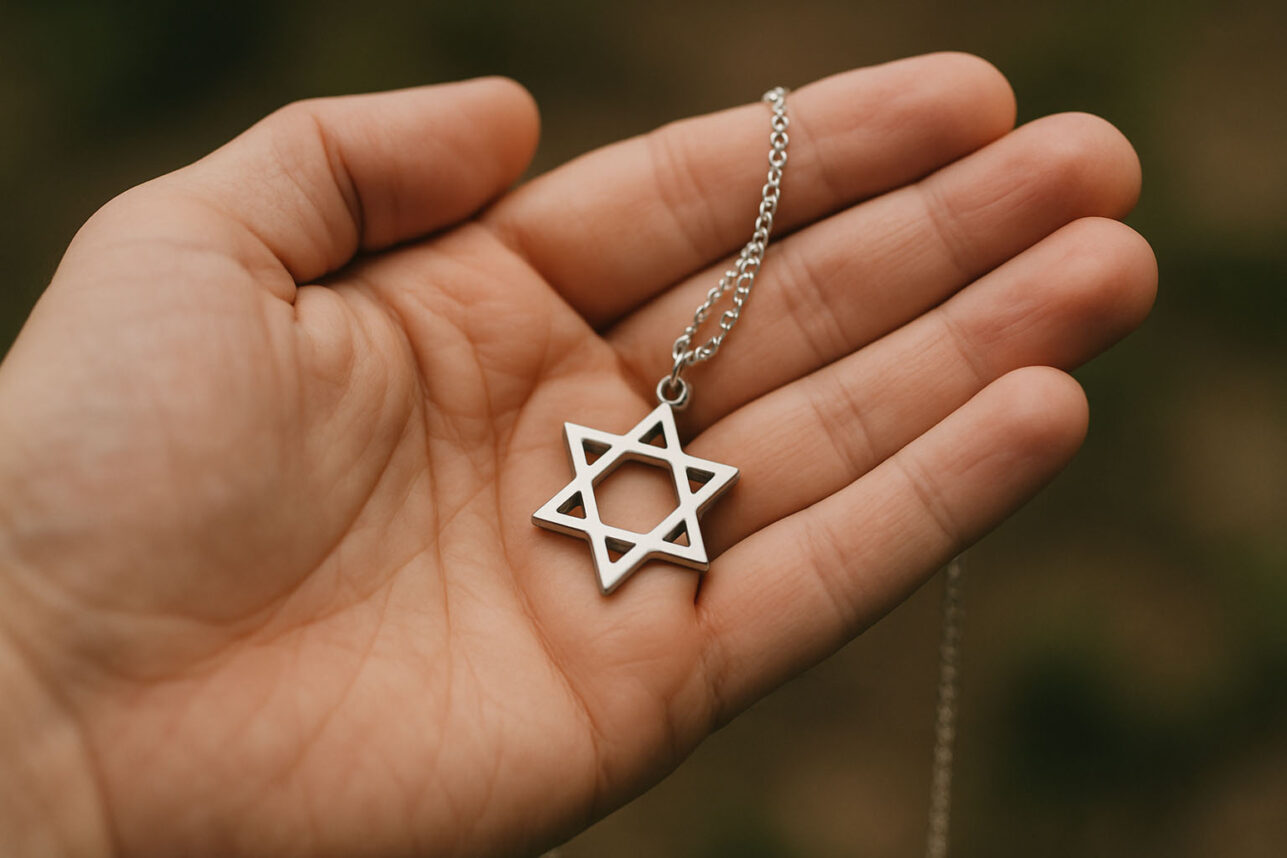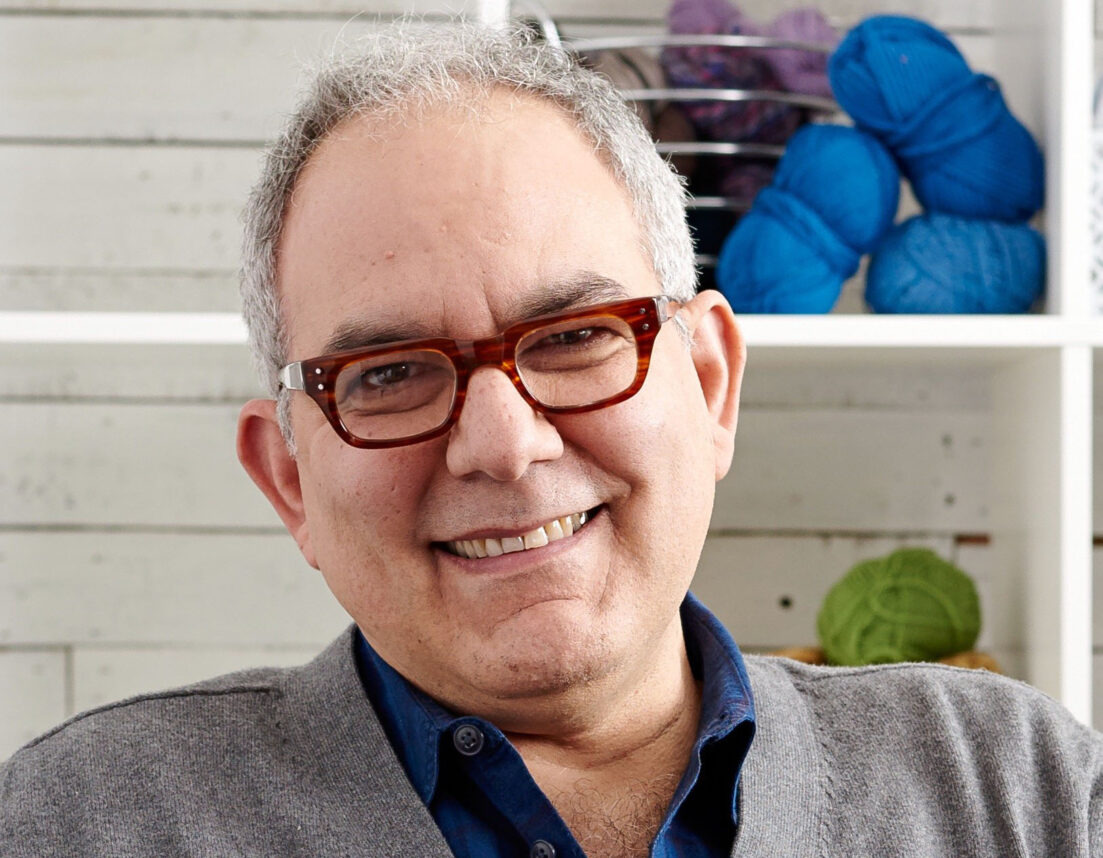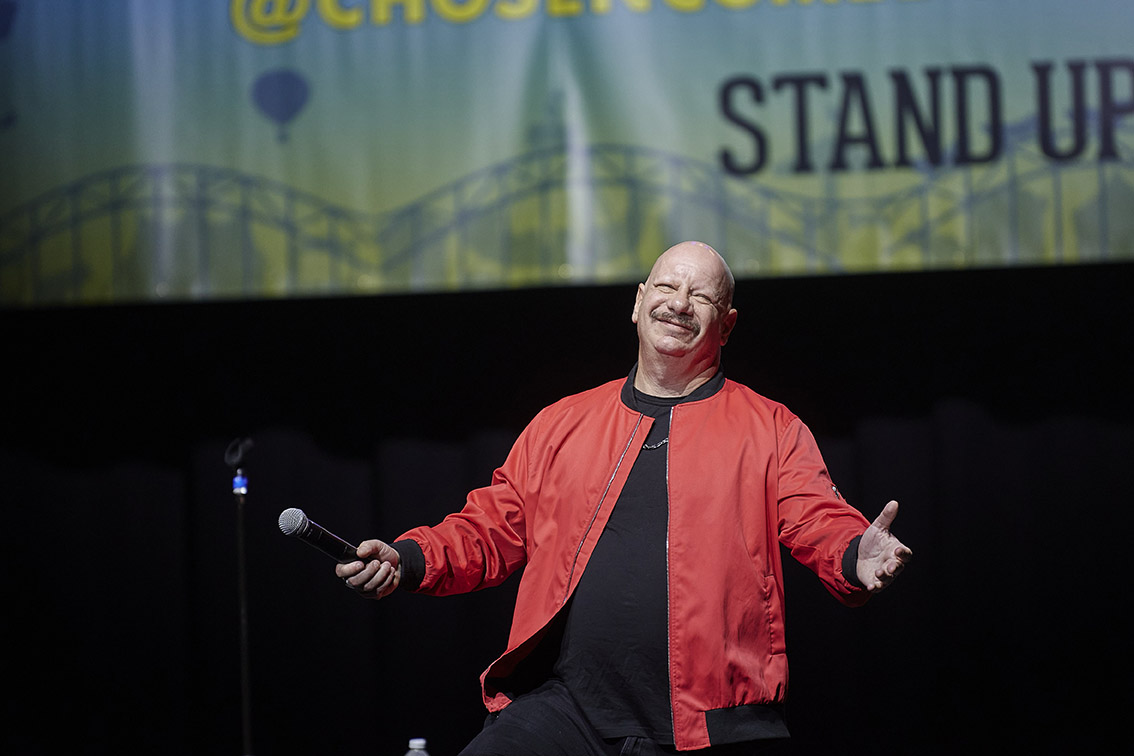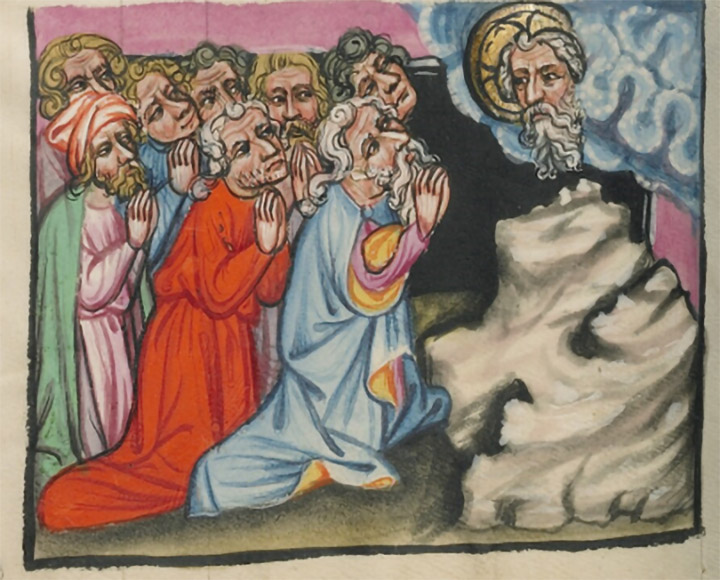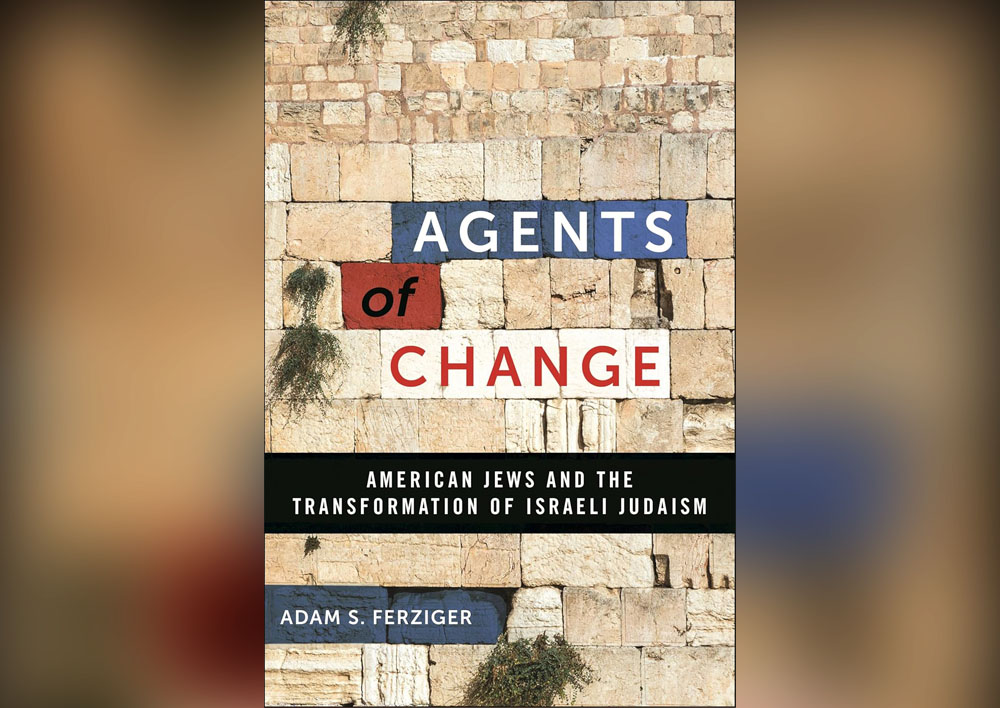
When I wake up in the morning and decide that I am conscious enough to actually rise from my bed, I say twelve words: Modah ani lefanecha, Melech chai v’kayam, shechechzarta bi nishmati. B’chemla raba emunatecha. Which means: “I give thanks before you, living and eternal King, who has restored my soul within me, with compassion. Great is your faithfulness.”
Making this affirmation each morning sets a positive tone to my day. As Rabbi Efrem Goldberg explains in his “6-Minute Siddur Snippets” podcasts, “Before our feet hit the floor, we are Modeh, we are thankful. My soul has been restored; I’m alive.” No matter what yesterday looked like, God has given us a new day. Grammatically, you’d expect the statement would likely be Ani Modeh, “but the first word out of our mouths cannot be ‘I,’” Rabbi Goldberg says.
So why do we even need this? Because as Jews who always live under precarious circumstances, we should not go even seconds into our new day without expressing gratitude.
Modeh Ani (Modah is the feminine form) isn’t a prayer or blessing, which would have God’s name in it. We don’t make blessings until we are out of bed and have washed our hands. And most of the words in Modeh Ani will be repeated in the morning blessing that also thanks God for restoring our souls after sleep. So why do we even need this? Because as Jews who always live under precarious circumstances, we should not go even seconds into our new day without expressing gratitude. This isn’t my idea; it was the thinking of Rabbi Moshe ben Yehudah Machir of Sfat, who introduced Modeh Ani in the 16th century. Saying Modeh Ani also feels more personal. It not only means “thank” but also “admit” and “acknowledge.” For me, it is an exceptionally powerful and empowering announcement that frames my day with the gratitude and humility I need.
The dozen words of Modeh Ani contain several layers of depth. For example, in the phrase “who has restored my soul with compassion,” commentators explain that the word for compassion, chemla, is the same word the Torah uses to describe the feelings Pharoah’s daughter, Batya, felt when she saw Moshe floating in that basket. This suggests that chemla refers to a deep perception of a person’s distinctive value, the awareness that something precious may be lost if that person weren’t there. Modeh Ani reminds us that God sees and appreciates our worth and value as individuals.
I have also embraced the interpretation that the final words, raba emunasecha, “great is your faithfulness,” refers to God’s faithfulness in me. This dovetails beautifully with the idea of chemla, that recognition that we are each “artisanal” creations. If God has faith in me, who am I to argue? If God has given me a new day, I have a purpose and a mission to perform, something only I can do. This is also empowering.
I don’t always wake up feeling great, and you may not either. Sometimes I wake up with a pounding headache. Sometimes I’ve only slept minimally and fitfully; it will take an awful lot of high-octane coffee before I am good for anything at all. Yet gratitude is a decision, and God helps to lead us on the path we choose to go.
A few weeks ago I woke up from a dreadful dream in which something had happened to my husband. I was frightened and wanted to jump right out of bed and go see him in the kitchen, where I figured he’d be at that time, but my instinct was to first say Modah Ani. I didn’t even rush the words, and I felt calmer saying them. My bad dream was just a dream, but nevertheless I then dashed out of our room to find him, even though I must have looked like a bad dream myself, with my bedhead hair and pale, fearful expression. Until that morning I hadn’t realized that in addition to framing my day with the mindset of gratitude — no matter what — that saying Modah Ani could also ground me from a place of fear.
So, if you’d like to jumpstart your day with a small but powerful dose of gratitude, positivity and self-worth, saying “Modeh Ani” is a great place to start.
Judy Gruen’s latest book is “The Skeptic and the Rabbi: Falling in Love With Faith.”










